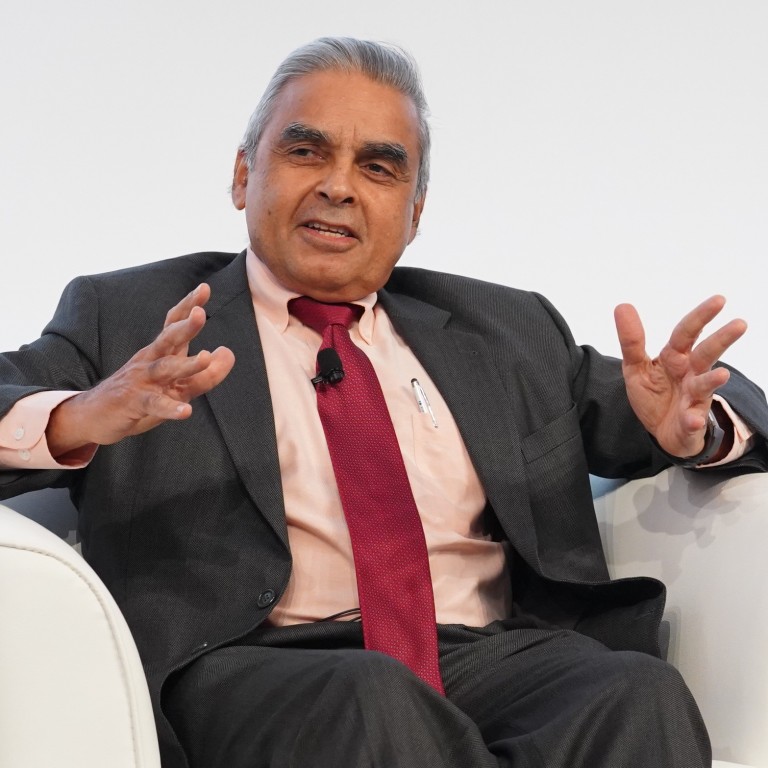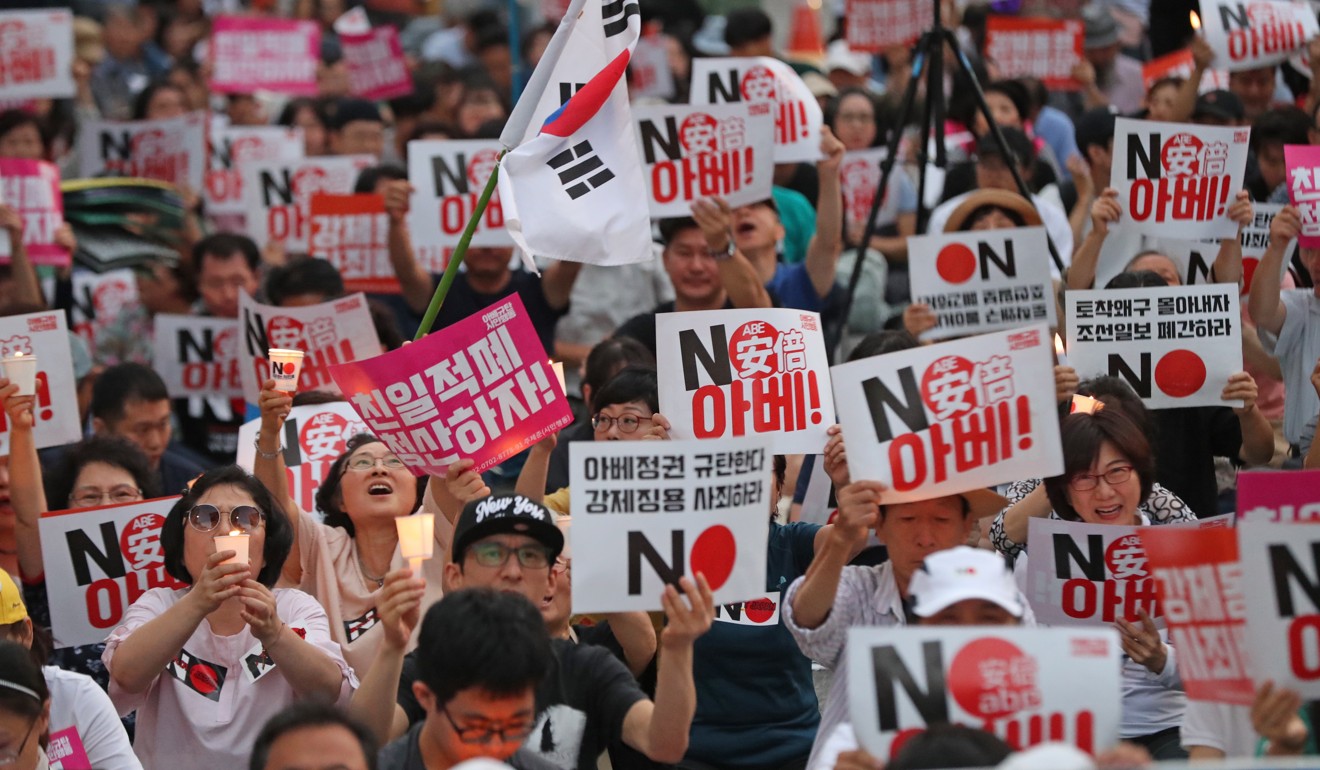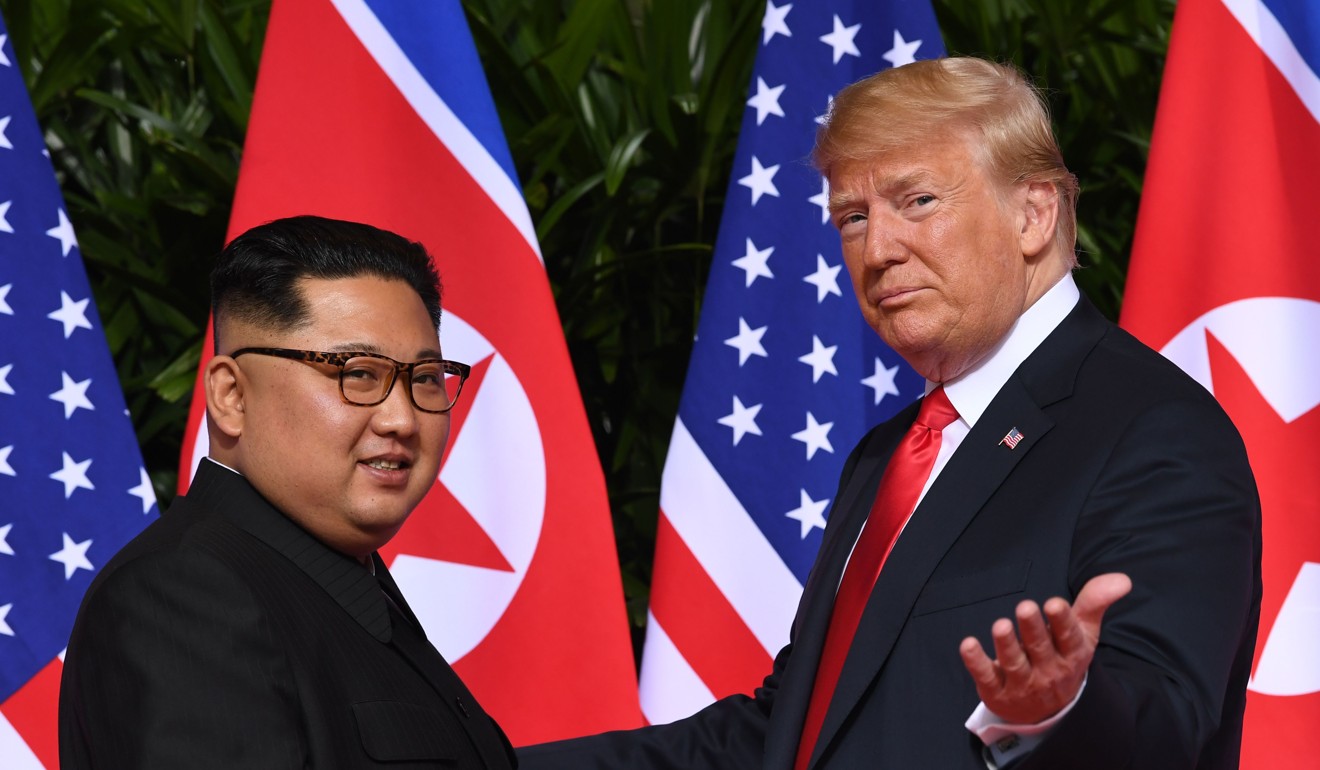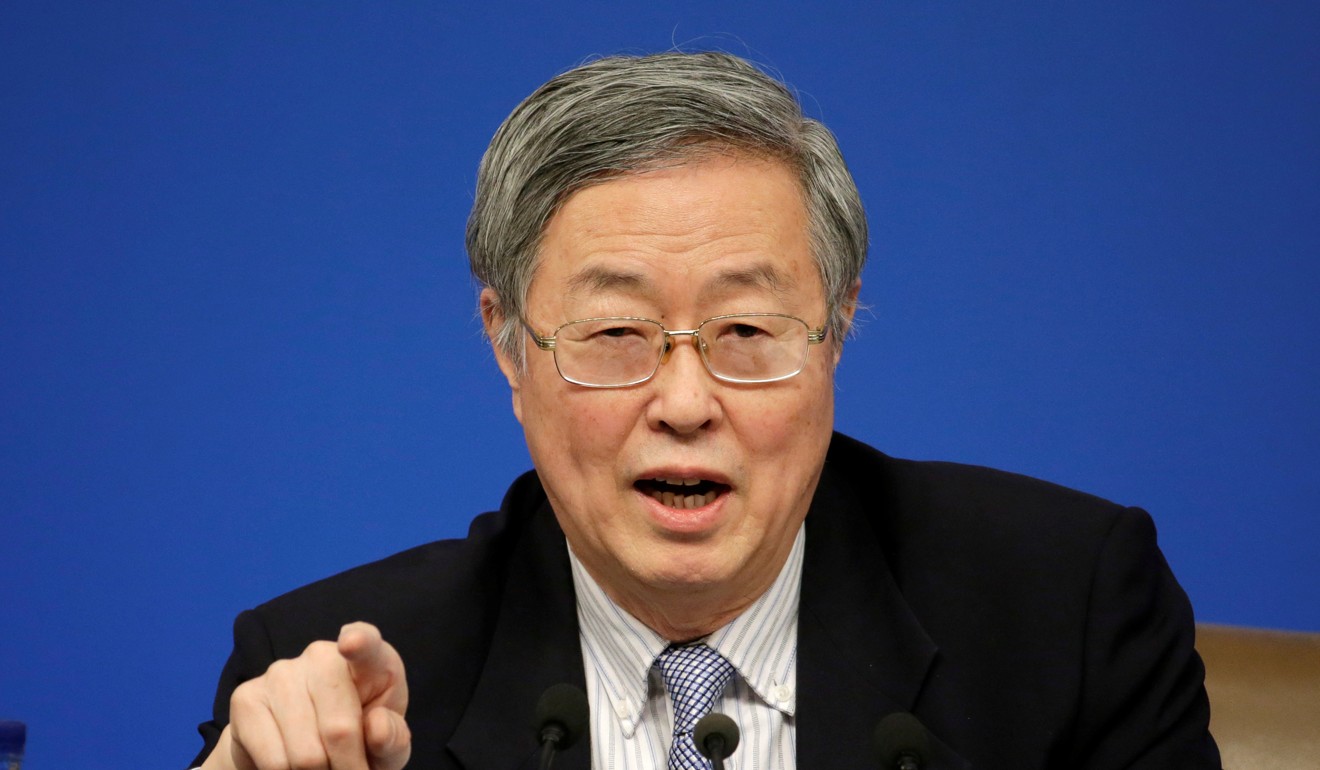
China can either benefit from Japan-South Korea tensions or try to ease them, says Kishore Mahbubani
- The Singapore Summit hears that ‘something has gone wrong’ with multilateralism in Northeast Asia
- Former China central bank governor Zhou Xiaochuan says he is worried about a tech cold war
With its neighbours starting to fight or compete on its doorstep, Beijing could benefit from the geopolitical opportunities arising from their conflict. Or it could adopt an “enlightened view” and attempt to ease tensions between Tokyo and Seoul, he said.
US using trade war to stop China overtaking it: Kishore Mahbubani
“If China comes in and tries delicately and diplomatically to play the role of the stabiliser, this can change the chemistry of the region very significantly,” said Mahbubani, now a distinguished fellow at the National University of Singapore’s Asia Research Institute.
“The interesting question therefore to watch is, what is China going to do?”
Something has gone wrong with the regional, multilateral processes in Northeast Asia
The logical thinking was that Northeast Asia, given its strong economic development, would behave more like European Union, “with solid stable relations with each other”, he said. But in fact, the Association of Southeast Asia Nations – a bloc of 10 countries and with 600 million people – had become more politically stable.

His fellow panellist Lee Jae-Seung, professor and Jean Monnet Chair in the Division of International Studies at Korea University, described Seoul and Tokyo’s bilateral ties as experiencing an “unusually long winter and turning into an ice age”.
He attributed the tensions to the clash in political ideologies and nationalism between Japanese Prime Minister Shinzo Abe and South Korean President Moon Jae-in.
How Japan’s tabloid media is fuelling anti-South Korea sentiment
“It takes a second to make a scar, but it takes years to recover that scar,” he warned, adding that in particular, Korea, Japan and China can look to “mini-lateral dialogues” to cooperate on specific issues.
Moon’s administration has over the past year worked to increase inter-Korean cooperation, though stalled denuclearisation talks between Pyongyang and Washington and existing economic sanctions on the North have hampered the process.

Mahbubani said more countries could adopt a “Trump-Kim model of diplomacy” in bilateral relations, referring to how US President Donald Trump held unprecedented talks with North Korean leader Kim Jong-un to discuss full denuclearisation.
While the talks have not yielded any results, Mahbubani said Trump’s “audacity” in engaging Kim had successfully overturned the global perception of North Korea’s image from “isolated, mad, irrational” to “rational actor” on the global stage.
Countries should do what they believe is right
However, the third speaker on the panel, Peking University professor Jia Qingguo, had more critical words for the US and Trump administration.
Jia, a leading scholar on international studies in China, said the US needed to “get over” its fears of a rising China, as too often it had unfairly portrayed Beijing as a “villain”.
China and US in new ‘cold war’ says former US Ambassador to China
He defended China’s success as stemming from its choice to “do what is right” rather than following others.
“China hopes that other countries will follow their interests in making policies, rather than taking orders from others. Countries should do what they believe is right.”
On the ongoing tit-for-tat tariffs that the US and China have levied on each other, he maintained that China continued to be open to the benefits of trade.
Most countries still supported multilateral cooperation, whether in trade, technology or security, and only a few such as the US under Trump’s leadership subscribed to protectionism and unilateralism, he said.

Zhou Xiaochuan, who was the governor of China’s central bank for over 15 years before he stepped down last March, also spoke at the conference. He said he was optimistic about a resolution to the trade war but was more concerned about a tech cold war.
But China was well placed to overcome these hurdles, Zhou said, pointing to how far the country had come in research and development capabilities, talent and funds to educate its population.
‘US-China trade war will continue as costs to both sides are minimal’
Today, Chinese universities and returning overseas students have contributed to the talent pool and technological advancements, which have helped “fast-track” development. Knowledge can inevitably be “dispersed around the globe”, with numerous conferences and seminars taking place, and readily available publications.
Hence, there is no need to fear as most of the know-how and tech is “tradeable”, said Zhou, adding that China can always look to buy patents, invest in R&D or spend money to acquire companies with the tech in the West.
“It’s a bit naive to think that the blockage of technology exchange and technology transfer can be effective,” Zhou said.

